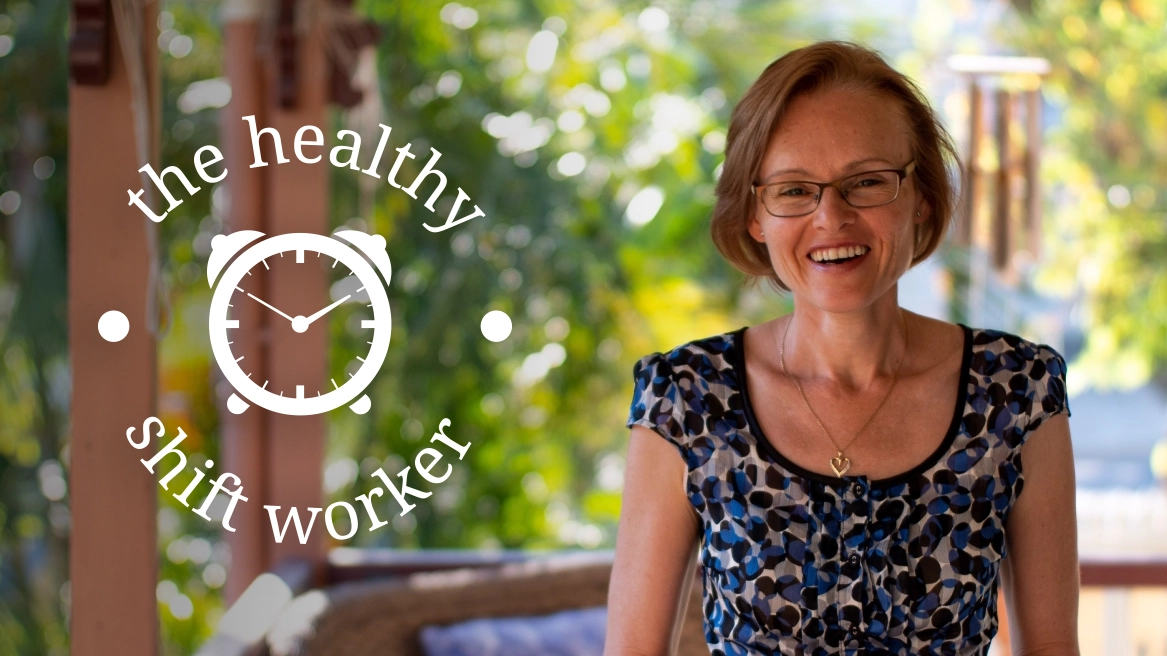Before I set out on this journey of studying Nutrition, I was fairly adamant (actually my husband would say stubborn), that all we really needed to be healthy was to consume a diet which encompassed a variety of whole foods, void of chemicals and pesticides.
Kind of simple really.
However as I embark on my final year of this degree, and after spending close to 2 years reading peer reviewed research studies on shift workers, I have to admit my views on this have changed – particularly if you happen to work shift work.
My reasons for this are many, some of which include the following:
- How many of us really eat healthy diets? If you work 24/7, chances are you often feel too tired to cook and prepare foods that are packed with nutritional punch. A bowl of pasta or a slice of toast can often appear on the dining table of many a shift worker who comes home after work, too tired to do anything except pop a slice of bread into the toaster or maybe boil some water if we’re lucky!
- The saying “we are what we eat” is true to a degree, but we’re also what we absorb, and for many of us, this is where shift workers are a little more vulnerable to those who work 9-5. This is because our meal times differ to the normal circadian phases of gastrointestinal functions (e.g. gastric, bile and pancreatic secretions, enzyme activity, intestinal motility, rate of absorption of nutrients, hunger and satiety hormones etc.) which often leads to malabsorption of nutrients. This malabsorption can lead to nutritional deficiencies, even if we’re eating well.
- Sleep deprivation affects our nutritional intake, digestion and absorption of foods which is why digestive problems are one of the most frequently complained conditions experienced by shift workers (20-75% vs. 10-25% of day workers). Common complaints by shift workers include changes in bowel habits (mainly constipation), whilst others include difficulties in digestion and flatulence, to more severe disorders such as irritable bowel syndrome and peptic ulcer disease.
So as you can see, even if we do eat a healthy meal, the odds are stacked against us at actually gaining the full benefits from the food that we eat, as the assimilation of these nutrients are being compromised.
And this is where supplementation comes in.
Whilst I’m all for eating nourishing, whole foods (you can probably appreciate how this is even more important now for shift workers), but sometimes the body just needs a little bit of a helping hand, or in this case a boost, to ensure it’s able to function as well as can be expected – despite working 24/7.
You may be asking – what supplements are good for shift workers?
Well that’s a bit tricky to answer because each and everyone of us is different so suggesting a blanket “shift workers need to take x, y and z supplement”, is really not the right thing to do. What I will say however, is that focusing on healing the gut in order to give it the best possible chance to digest and absorb the food that we eat, should be a priority.
This can be done using high quality probiotics to help re-colonize the gut with good bacteria, digestive enzymes to help improve nutrient absorption and break down the food that we eat, along with l-glutamine powder to help repair the digestive tract.
Of course just like no amount of exercise can reverse an unhealthy diet, the same applies to supplementation. In order to be the healthiest version of you, it’s imperative that you consume a macronutrient balanced diet which encompasses serves of proteins, fats and unrefined carbohydrates, in conjunction with an individualised nutritional supplementation protocol designed specifically for you.



0 Comments